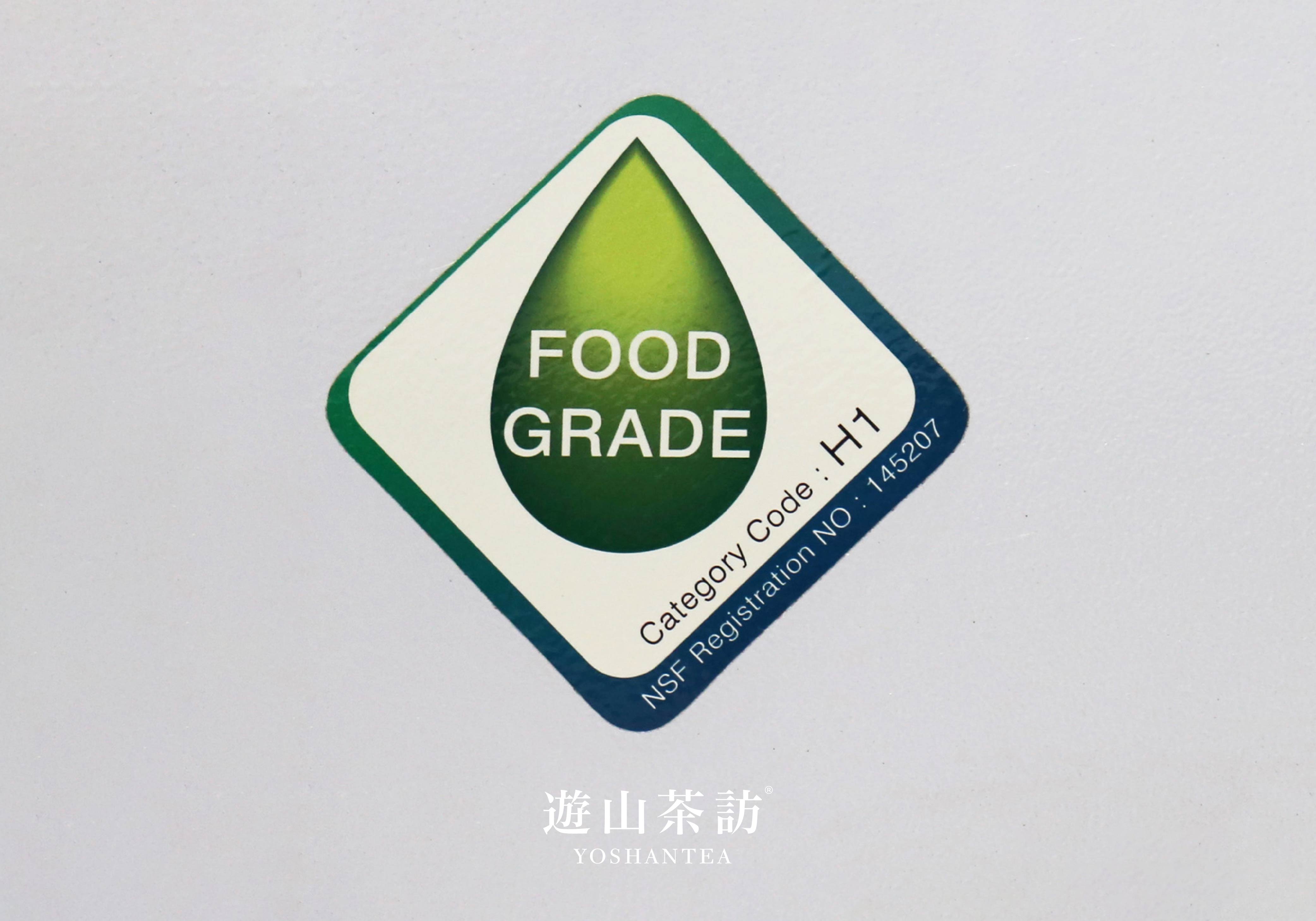Hello everyone,
I'm Andy, a tea enthusiast.
Besides pesticide residues,
many hidden food safety hazards can arise during tea production,
and these deserve our careful attention.
Modern tea production has introduced a wide range of machinery,
greatly reducing manual labor and improving efficiency.
However, improper use of equipment can also pose food safety risks.
One often overlooked factor is equipment lubricants.
Which parts of tea-making equipment require lubricants?
During tea processing, machines run continuously,
and the following components commonly require lubrication:
- Air compressors: Used to supply compressed air. If lubricant leaks into the air system, it may contaminate the tea.
- Conveyor bearings: Lubrication is needed to reduce friction and noise.If non-food-grade lubricants are used,
they can contaminate tea through vaporization, dripping, or splashing, leading to chemical hazards.
What kind of lubricant is suitable for tea equipment?
Tea production machinery should use food-grade lubricants,
certified under one of the following international standards:
- NSF H1 Grade: Approved for use where there is incidental contact with food.
- ISO 21469 Certification: Indicates the lubricant is manufactured under strict hygienic design and process control standards.
More info:
How can I check if a lubricant meets food safety standards?
You can search for lubricant products on the NSF official website by brand or model number:
[https://info.nsf.org/USDA/Listings.asp]
Before purchasing, ask your supplier for documentation to confirm it's H1 certified.
What happens if lubricant is accidentally ingested?
Even food-grade lubricants are meant for incidental contact, not consumption.
Non-food-grade lubricants may contain heavy metals, sulfur compounds,
or polycyclic aromatic hydrocarbons. Long-term exposure could lead to liver and kidney damage, neurological issues, or even cancer risks.
It's crucial to prevent any lubricant, especially non-food-grade, from entering tea processing areas.
How to prevent lubricant contamination in tea production?
- Air system design: Use oil-free air compressors or install refrigerated dryers and oil-water separators to keep vapor out of the processing room.
- Mechanical safeguards: Design seals or covers for bearings to prevent grease leakage.
- Maintenance logs and training: Regularly replace food-grade lubricants and keep maintenance records. Educate staff to distinguish between H1, H2, and H3 grades and their proper applications.
Tea is a natural agricultural product, and even the smallest contaminant during processing can compromise its purity and safety.
Attention to these details helps ensure that every cup of tea is safe to drink.
Thanks for reading, see you next time!
#yoshantea #taiwantea #dongdingtea #oolongtea #teafacotry #FSSC22000 #safetea #foodsafety #foodgradelubricants #lubricants #nsfH1 #ISO21469 #teaequipment #teafactory
